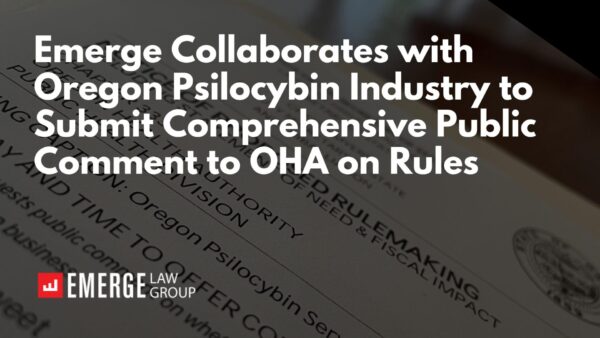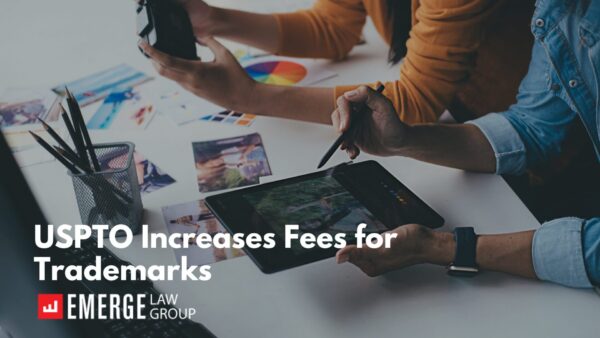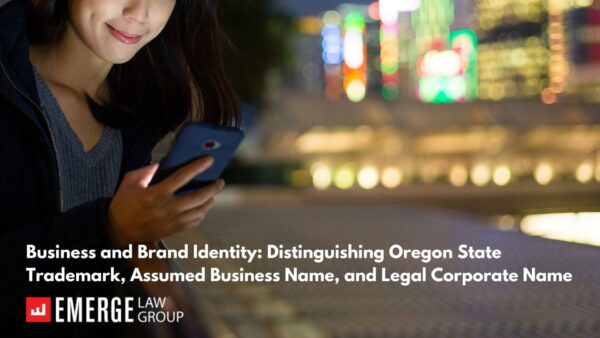By: Delia Rojas and Kaci Hohmann
The Corporate Transparency Act (“CTA”), part of the federal Anti-Money Laundering Act of 2020, came into effect in January 2021. Its goal is to prevent money laundering and abuse related to the use of shell companies as a mechanism for concealing illicit business activities. In December 2021, the Financial Crimes Enforcement Network (“FinCEN”) published proposed rules for public comment implementing the beneficial ownership information reporting requirements of the CTA (the “Draft Rules”). The Draft Rules address who must report beneficial ownership information to FinCEN, when they must report, and what information the reports must include. The public comment period for the Draft Rules closed on February 7, 2021. As of the date of this blog post, it isn’t yet clear whether FinCEN will further revise the Draft Rules and open a second public comment period before finalizing and publishing the final rules. Regardless, the scope of the CTA is broad and will impact small and large businesses alike.
Below we summarize some of the most important reporting requirements proposed under the Draft Rules. These requirements are subject to change, and as more information becomes available, Emerge Law Group will keep you updated.
Who must report?
Under the Draft Rules, a corporation, limited liability company (LLC), or similar entity formed or registered to do business in any state by filing documents with a U.S. state or Indian Tribe (“Reporting Company”) must report certain information to FinCEN about anyone who, directly or indirectly, exercises substantial control over, or owns or controls 25% or more (“Beneficial Owners”) of the Reporting Company. The definition of Reporting Company broadly captures many businesses with a number of important exceptions, including certain publicly traded companies; tax-exempt entities, such as 501(c) entities; and heavily regulated businesses that already provide ownership information to a federal government agency. The Draft Rules also specifically exclude financial institutions; insurance companies; and large operating companies that employ more than 20 full-time employees, have an operating presence in the U.S., and have gross receipts or sales in the U.S. exceeding $5 million dollars.
Examples of an individual who exercises “substantial control” over a Reporting Company are those who serve as senior officers; and those who direct, determine, or “substantially influence important matters of a Reporting Company.” FinCEN specifically stated that a person who makes day-to-day managerial decisions with respect to one part of a Reporting Company’s assets or employees should not, in isolation, cause that person to be deemed to exercise “substantial control” of a Reporting Company, unless that person satisfies another element of the “substantial control” criteria.
Examples of an individual who “owns or controls 25% or more” of a Reporting Company are those who hold an ownership interest through stock, LLC units, profit interests, and other convertible equity interests, such as warrants or options.
Additionally, information about individuals who file documents creating, or first registering, a Reporting Company under state law, or who direct or control the filing of such documents (“Company Applicants”), must be included in the report to FinCEN. This means attorneys, legal assistants, entity registration service providers, and any person involved in the preparation and filing of entity formation documents will also have to provide their information to Reporting Companies for reporting obligations.
When must reports be filed?
When a Reporting Company must file their initial report will depend on when the final rules become effective.
For Reporting Companies formed after the effective date, the report must be filed within 14 days of formation. For Reporting Companies formed before the effective date, the report must be filed within one year of the effective date of the final rules.
Furthermore, the Draft Rules require ongoing reporting to ensure that all beneficial ownership information is up to date, requiring updates to be made within 30 days of a change.
What information must reports include?
The Draft Rules provide that Reporting Company reports must include the Reporting Company’s legal entity name, assumed business name, street address, state of organization, and federal employer identification number. The reports for Beneficial Owners and Company Applicants must include the individual’s name, birthdate, residential address, and acceptable photo ID.
Confidentiality will be of concern for many of our firm’s clients. The CTA requires the establishment of security protocols to protect the confidentiality of the reported information. FinCEN is specifically prohibited from sharing the information with the general public and as a general matter, the information can only be disclosed, subject to stringent access protocols, to law enforcement, financial institutions, and other authorized users for the purpose of protecting national security and intelligence, enhancing financial system transparency, and assisting in other enforcement efforts to counter illegal activity. However, rules detailing which agencies will be authorized to view reported information and the security protections for that information have yet to be published for public comment.
What proactive steps should businesses take?
For starters, your business can begin collecting the beneficial ownership information that will eventually need to be reported to FinCEN. Businesses and business attorneys should also consider adding provisions to agreements with owners requiring the owner’s cooperation to collect the owner’s required reporting information and update confidentiality clauses in legal documents to carve out exceptions for these reporting requirements.
Violating the beneficial ownership reporting requirements could result in civil penalties up to $500 per day and criminal fines up to $10,000 or up to two years in jail. Compliance with these impending rules will be crucial and Emerge Law Group will continue to monitor developments.
If you have any questions or concerns about how the beneficial ownership reporting requirements will impact your business, contact an attorney from our Business Group.





